Training linked to practice
In early October, the Vocational Training Course on Plant Cultivation and Animal Husbandry in Dai Son Commune was held in a lively atmosphere. 30 students from the Nung, Cao Lan, and Tay ethnic groups attentively followed the lecturers from Phuong Lan Vocational Training Center to instruct on the techniques of using pesticides and preventing diseases for livestock. Ms. Hoang Thi Can, a Nung ethnic group in Moi village, shared: “Previously, due to lack of knowledge, the productivity of my family’s 2 sao of rice and crops was unstable. After the course, I learned how to mix pesticides in the right proportions for each growth period, and proactively prevent diseases for chickens and pigs.”
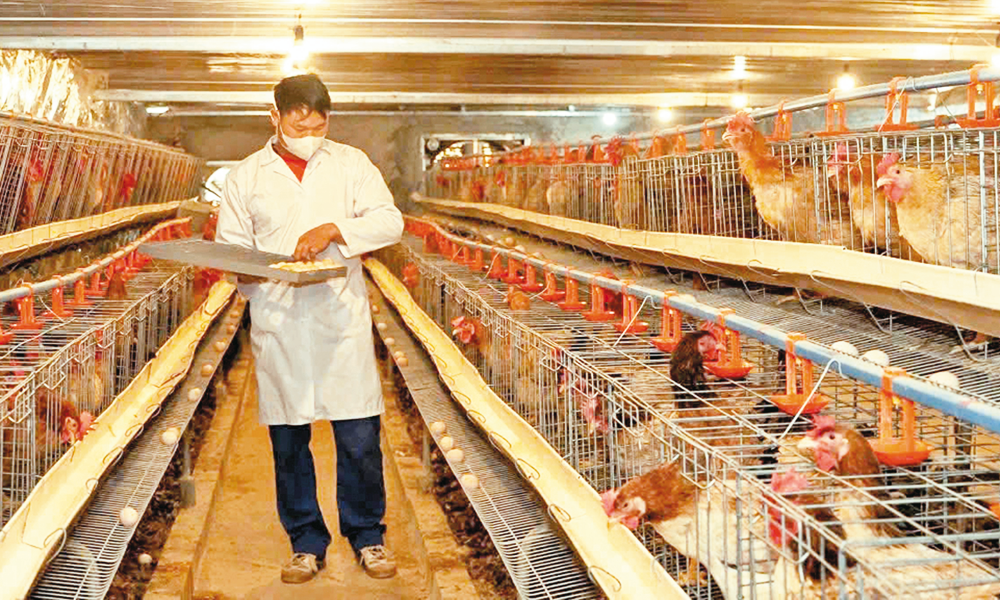 |
Mr. Vi Van Gioi, Van Son commune has a stable income thanks to the specialty chicken farming model. |
Not only in Dai Son, in many highland communes such as Son Hai, Duong Huu, Dong Ky, vocational classes in cultivation, veterinary medicine, civil sewing, agricultural machine repair, etc. are regularly opened. After completing the program, students can work at cooperatives, businesses or immediately apply the knowledge to develop the family economy .
According to the Department of Ethnic Minorities and Religions, in the 2021-2025 period, the total central and local budget capital for Project 1 - Solving the shortage of residential land, production land, domestic water and supporting job conversion reached 149 billion VND. Vocational training alone has helped more than 3,400 households receive vocational training and livelihood development support. As a result, the poverty rate among ethnic minorities has decreased by an average of 2.4% per year, from 11.93% in 2021 to 4.65% in 2024. Particularly, the rate of extremely difficult communes has decreased by 4.2% per year, contributing significantly to realizing the goal of sustainable multidimensional poverty reduction.
"Hand-holding" to create sustainable livelihoods
According to statistics, the whole province currently has more than 327 thousand ethnic minorities, accounting for nearly 9% of the population, concentrated in 32 communes in ethnic minority and mountainous areas. Director of the Department of Ethnic Minorities and Religions Dao Duy Trong affirmed: "We always determine that vocational training must be linked to practical needs. Priority is given to occupations that can be applied immediately such as farming, animal husbandry, civil repair, garment making, agricultural processing". Classes are implemented right in the villages, helping people not to spend much time traveling. In addition to basic theoretical lessons, there are direct practical activities on crops and livestock of households in the form of "hand-holding and showing how to do things" which is easy to understand. In An Lac commune, where up to 81.5% of the population are ethnic minorities, local authorities hold public meetings, select the right participants, with community supervision. In Tay Yen Tu commune, after consulting with local people, the local authorities chose agricultural machinery repair as the profession to open a class, thanks to which the classes are always full.
In addition to participating in free vocational training classes, people are also "supported" by preferential credit policies and support for product promotion at fairs and exhibitions. Thanks to that, many households have boldly changed their thinking, building new economic models in the direction of goods, bringing in profits of 250-300 million VND/year. "Before, I used to think I had to leave my hometown to go to the city or industrial park to find a new job, hoping to escape poverty. But since I learned a trade properly, I built a farm to raise six-fingered chickens (6-fingered chickens) - a specialty of ethnic minorities. After nearly 10 years of construction, Van Son commune has now established a cooperative to raise specialty chickens; six-fingered chicken eggs have a brand name and are consumed easily in the market," said Mr. Vi Van Gioi.
Vocational training is not only a social security policy but has become the key to opening up development opportunities for thousands of households in the highlands. From simple classes in the villages, knowledge has been sown, empowering people to change their production mindset, increase income, and contribute to the goal of "Leaving no one behind" in the journey of building new rural areas in ethnic minority areas.
Source: https://baobacninhtv.vn/bac-ninh-trao-sinh-ke-cho-dong-bao-dan-toc-thieu-so-postid429288.bbg


![[Photo] Prime Minister Pham Minh Chinh meets with Speaker of the Hungarian National Assembly Kover Laszlo](https://vphoto.vietnam.vn/thumb/1200x675/vietnam/resource/IMAGE/2025/10/20/1760970413415_dsc-8111-jpg.webp)



![[Photo] Prime Minister Pham Minh Chinh received Mr. Yamamoto Ichita, Governor of Gunma Province (Japan)](https://vphoto.vietnam.vn/thumb/1200x675/vietnam/resource/IMAGE/2025/10/21/1761032833411_dsc-8867-jpg.webp)
![[Photo] Da Nang residents "hunt for photos" of big waves at the mouth of the Han River](https://vphoto.vietnam.vn/thumb/1200x675/vietnam/resource/IMAGE/2025/10/21/1761043632309_ndo_br_11-jpg.webp)
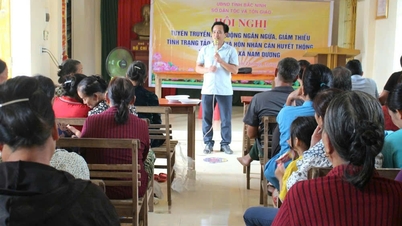
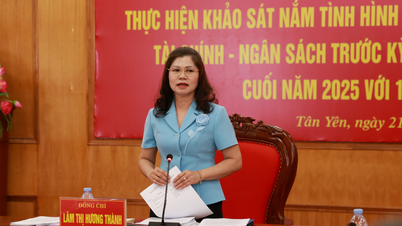
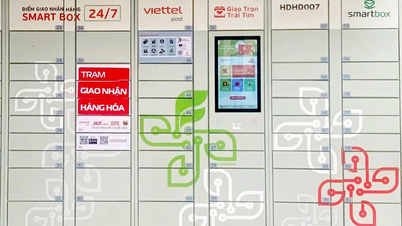
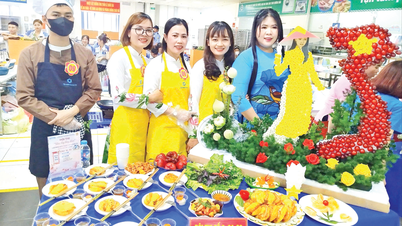
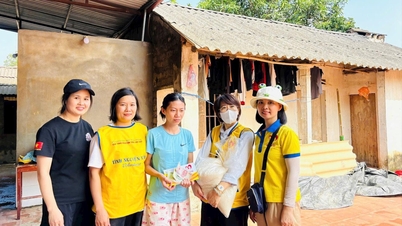

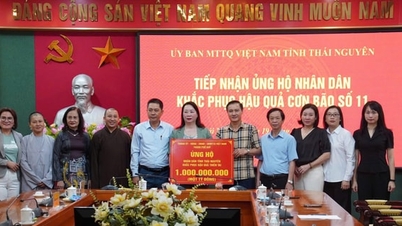

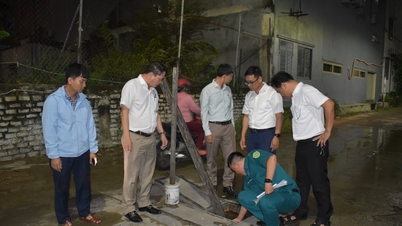

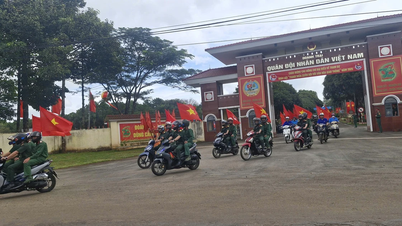

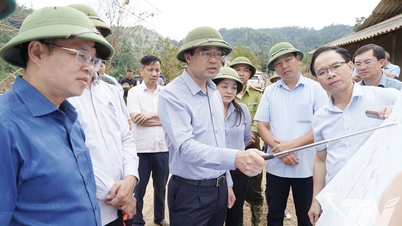

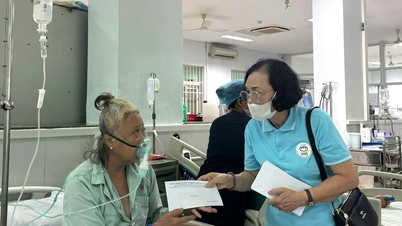
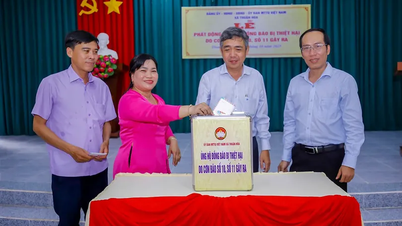







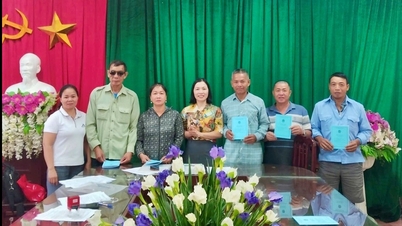

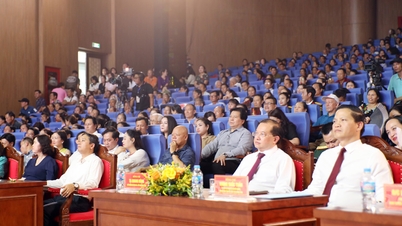
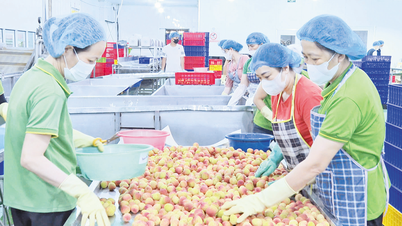
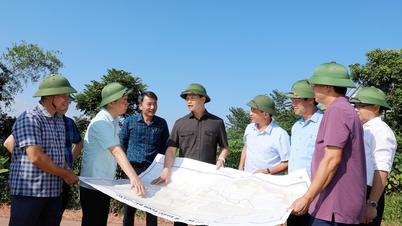






































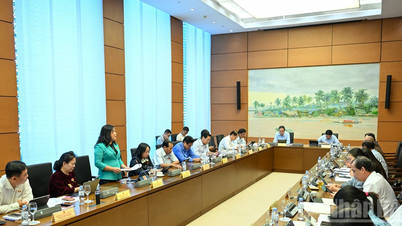

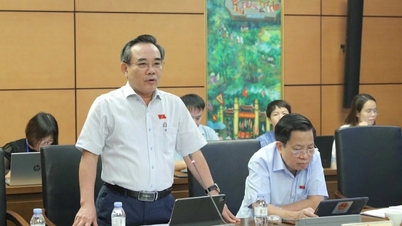
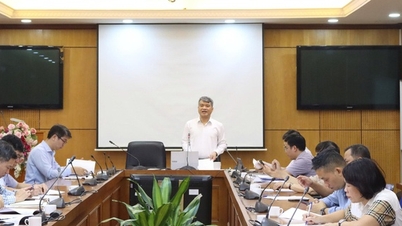
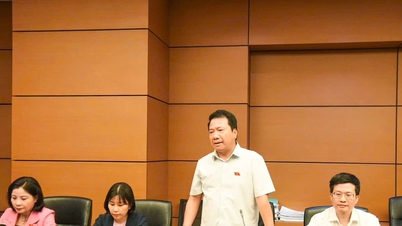

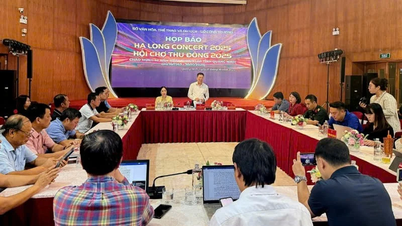







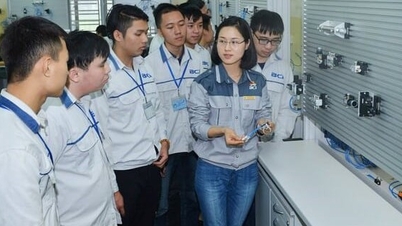
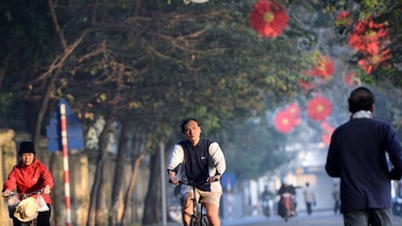

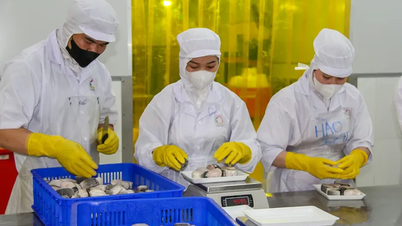
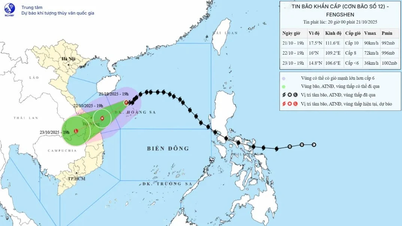

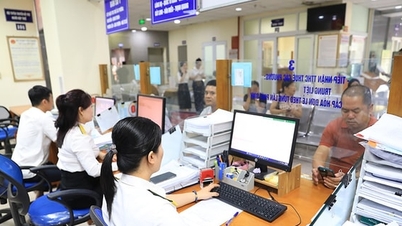
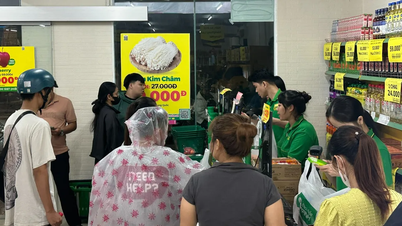











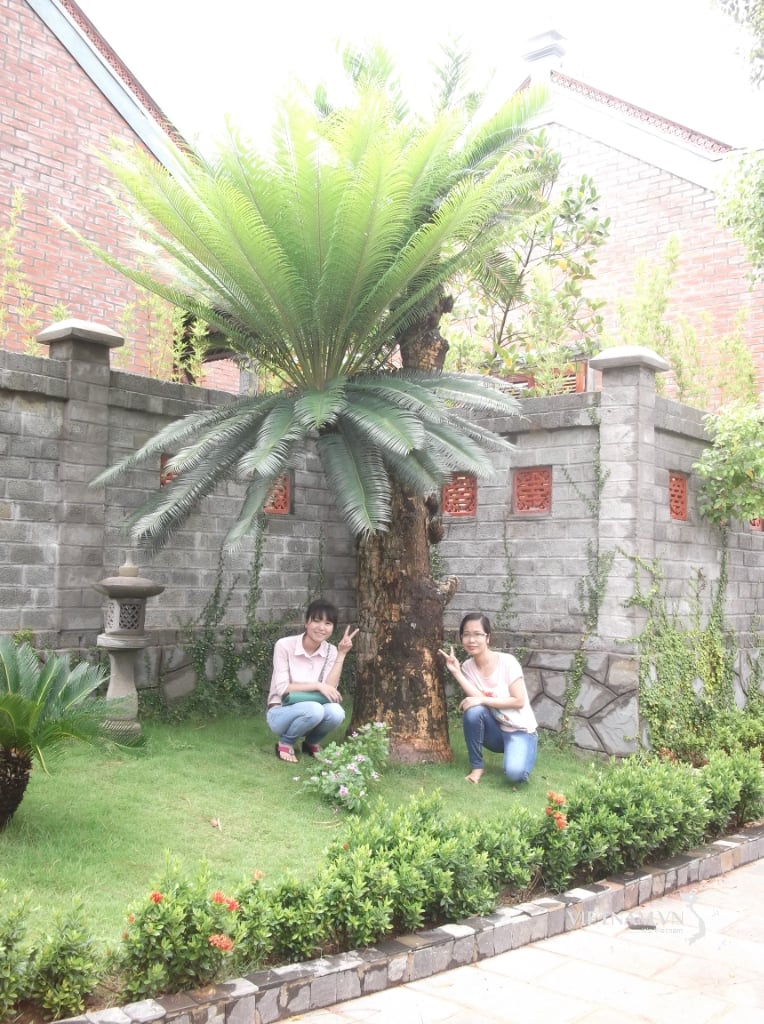
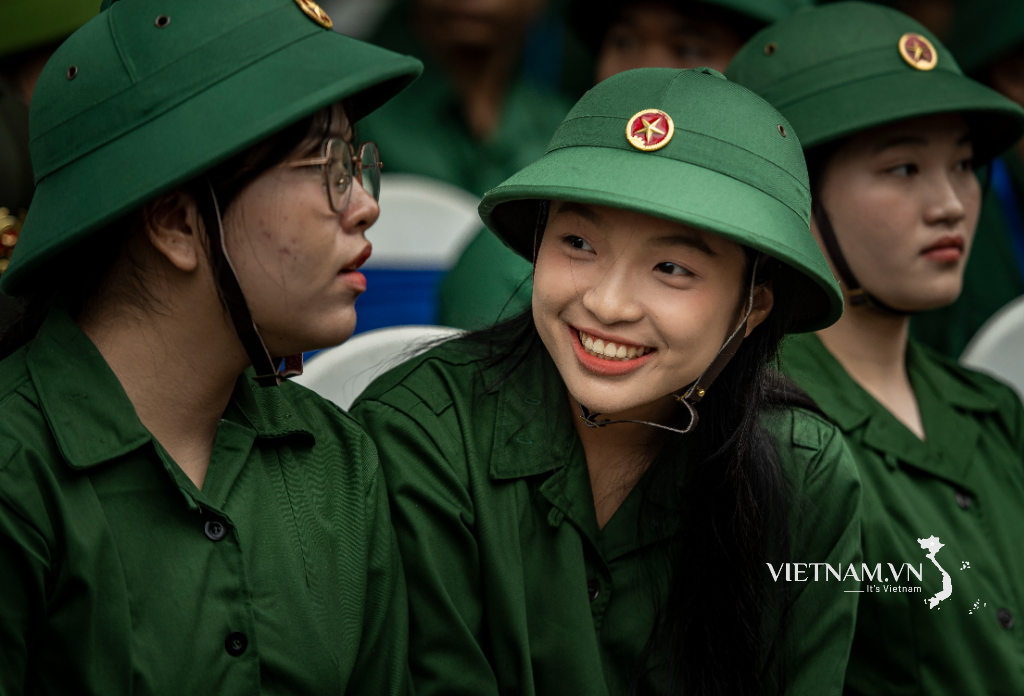

Comment (0)